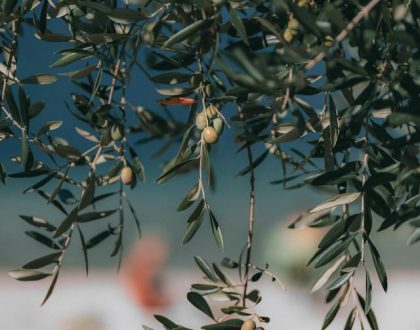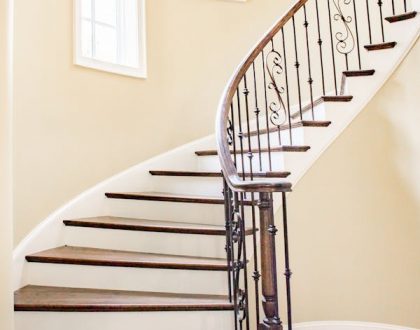I’m Bored of Stereotypes
by Hana
Over the years we’ve had countless assemblies about women in Islam, about how Islam preaches gender equality, and how – most importantly – Muslim women aren’t oppressed.
But that’s not strictly true. In fact, Muslim women are oppressed, just not in the way the media would have us believe. The truth is, we oppress Muslim women by persisting in focusing on defending ourselves from stereotypes, and ignoring the real issues that Muslims face.
Acclaimed American author Toni Morrison once said about racism towards the black community: ‘the very serious function of racism… is distraction. It keeps you from doing your work. It keeps you explaining over and over again, your reason for being. Somebody says you have no language so you spend 20 years proving that you do. Somebody says your head isn’t shaped properly so you have scientists working on the fact that it is… There will always be one more thing.’
And the same is true for Muslims. We spend so long trying to prove that the hijab is actually empowering, that Islam gave women rights in the 620s that Western women in the 1920s could only dream about, that Islam doesn’t anywhere say it’s okay for husbands to beat their wives, that we’re never able to move forward to address the real issues which modern Muslims face from external forces.
Suhaiymah Manzoor-Khan addresses this topic really well in a Ted talk she gave last month:
https://www.youtube.com/watch?v=ZFEqdeuAkoM&list=WL&index=1
Humayun Khan was a Muslim, who died in Iraq as a soldier in the American army. During Hillary Clinton’s presidential campaign in 2016, his father spoke at a Democratic convention, with his wife stood at his side. Later that week, Trump said, “If you look at his wife, she was standing there. She had nothing to say… Maybe she wasn’t allowed to have anything to say.” The media pretends to care about Muslim women, but only when the supposed threat comes from within Islam.
But by continuing to pretend that all our problems come from within Islam, they do not draw any attention to the Islamophobia that is so often directed at women, simply because so many of us wear our faith so obviously.
Muslim women are a target for so many prejudices. The recent Me Too and Time’s Up movements have brought to light how unsafe so many women are in the West, but visibly Muslim women are a target for both sexism and Islamophobia. This places a lot of pressure on these women, who now have to make a constant effort to conform, to be pleasant and polite and friendly at all times for fear of reflecting badly on huge numbers of people, which is a huge burden.
You only have to glance at the twitter page of Nadiya Hussain, the winner of the Great British Bake Off 2015. As a figure in the public eye, Nadiya has become an easy target for a lot of the hate aimed at obviously Muslim women. It is significant to note that many of the tweets at her are so offensive that they are subsequently deleted by the platform, but not before she has a chance to engage with many of them. She makes a point of replying to many of these hateful comments, but though her efforts are admirable it is undeniable that it is unfair for her to be the object of so much vitriol and it is likely very damaging to her mental health.
She’s said herself, in response to people who tell her just to ignore the haters, that she’s ‘here to take one for the team’, but Nadiya’s goal was never to be an Islamic rights activist. She only came on TV to bake, yet she has been forced to make this her crusade – something she never asked for and which does not influence anyone in any positive way.
In the end, whatever the media might want you to believe, Muslim’s problems don’t come from within Islam, and it doesn’t do anyone, Muslim or not, any good to pretend that they do.
Written by Hana Khan in 2018
Recommended Posts

Masjid al Aqsa – why it has a very special place in our hearts
November 29, 2023

Palestine: The Holy Land
November 23, 2023

